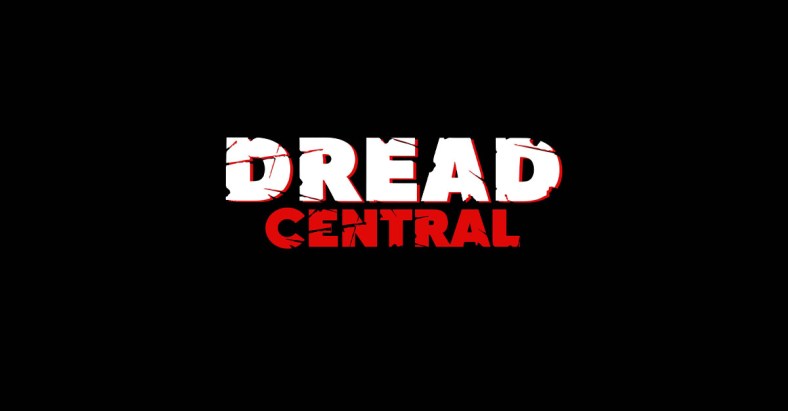Sundance 2021: COMING HOME IN THE DARK Review – Another Triumph of New Zealand Horror


Directed by James Ashcroft
Written by James Ashcroft
Starring Erik Thompson, Daniel Gillies, Miriama McDowell, Matthias Luafutu
Enjoying its world premiere in the Midnight section at the 2021 virtual edition of the Sundance Film Festival, first-time director James Ashcroft uses his theatre background to tell an intimate, terror driven story that keeps the human drama in focus and firmly in the headlights. It’s a dark, unforgiving film from the word go with a social cause at its heart, but the message never upends the murder in this New Zealand set thriller.
With an undeniable spiritual connection to Ted Kotcheff’s 1971 classic Wake In Fright, two worlds collide forcing both parties involved to consider who is the culprit and who is the victim. Coming Home in the Dark never flinches. It embraces its own brutality and, in doing so, confronts a true history of abuse within the country head on.
An idyllic family hike quickly turns into a fight for survival when a family of four are besieged by two snake-eyed drifters looking for their next score. In a whiplash encounter that probably would’ve been over quickly, the head hijacker introducing himself only as Mandrake (Gillies) seems to recognize the nickname “Hoagie” when sons Maika and Jordan call out to their father Alan (Thompson). Maybe nothing, maybe everything, that moment literally triggers a nightmarish series of events leaving their lives in tatters. Moving from the campsite to the freeway, Mandrake and his stoic minion Tubs (Luafutu) take Alan and his traumatized wife Jill (McDowell) on a mystery ride that may lead to a very dark truth that could push the entire group to the point of no return.
Based on Owen Marshall’s award-winning 1995 short-story of the same name, Coming Home in the Dark also takes a hard look at the real-life abuse scandals that took place at boys homes and state-run institutions over the last fifty years. From 1950 to 1999, the royal commission into abuse in state care found that over 250,000 young adults suffered serious forms of abuse. In subtle form, Mandrake and Tubs as the drifters represent two personifications of New Zealand. They are the forgotten products of a broken system and teachers Alan and Jill, at least in their eyes, have become the benefactors of that system. As each bone-crushing scene clearly shows, both sides have plenty of fight in them, so it remains unclear which side in the film and in life will ultimately prevail.
To give you an idea of the building tensions mounting over the taut ninety minute runtime, the tiny battles inside the car start to become a war of wits with potentially dire consequences. The escape attempts, for instance, are painfully realistic because they show the most probable outcome. There is no car that will stop for you and, chances are, you’re more likely to be snatched up again rather quickly. The whining, broken captives are mostly passing entertainment or a minor annoyance for Mandrake and his lumbering sidekick.
It’s a dynamic that hits home a painful truth. Most people are not prepared for a random act of violence because they’re too busy packing up their gear and making sure their phone is charged. There’s a subtext that bubbles up about trust; a confidence in the social contract and a belief in the pact of marriage. Mandrake is the heartless tactician and Tubs is the tip of the spear that find purpose in destroying the social fabric and a poor family that wound up in the wrong place at the wrong time.
Daniel Gillies as Mandrake is both menacing and manly, but there are times when the thick Newzild accent is a slight issue especially when he’s speaking, mostly because Ashcroft chooses to turn the camera elsewhere instead of having him onscreen. He’s more mysterious as a result but the back-and-forth between Alan, his new sick project, and Mandrake suffers as a result. That’s remedied though in later clashes later on down the road.
At first, the randomness of a deadly confrontation is the most frightening thing about Coming Home in the Dark. But then, the connections that begin to reveal themselves become a new catalyst of fear. The enduring comment Marshall’s short story and Ashcroft’s film make is best summed up by the words of Edmund Burke over 200 years ago. “The only thing necessary for the triumph of evil is for good men to do nothing.”
-
Coming Home in the Dark
Summary
Coming Home in the Dark a dark, unforgiving film from the word go with a social cause at its heart, but the message never upends the murder in this New Zealand set thriller.

